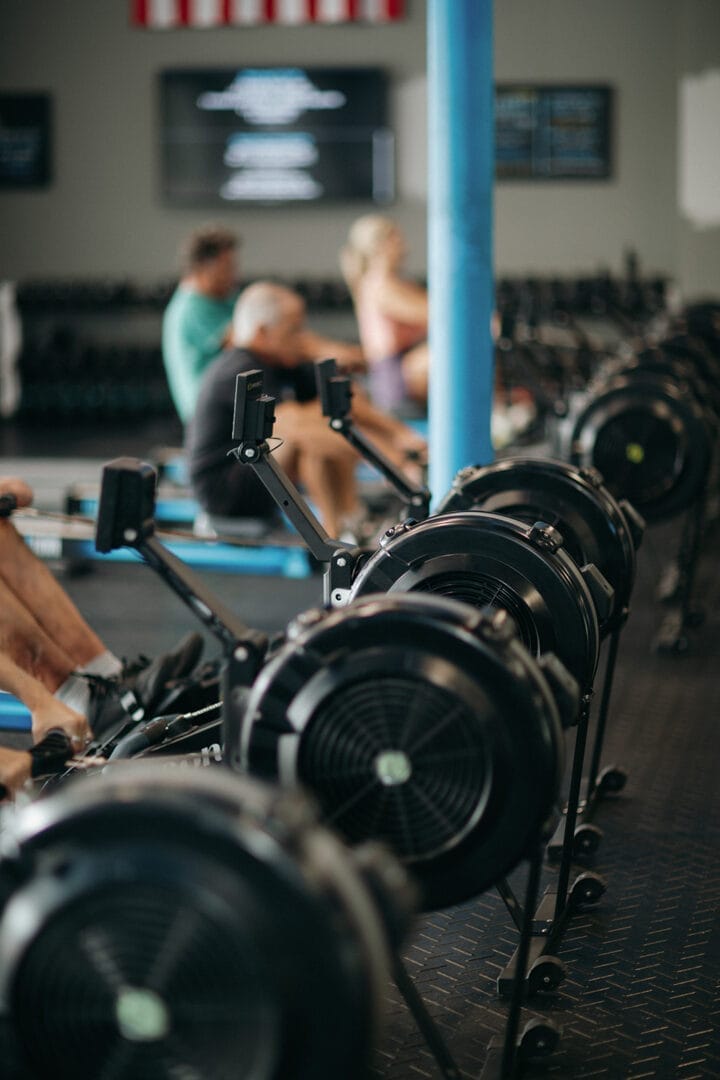Technically, everyone can sleep. Stay awake long enough and sleep will absolutely find you. Our sleep drive is built into our biology.
Let me repeat that – it’s built into our biology.
So when someone says “why can’t I sleep?”, what they’re really asking is:
“Why does it take so long for me to fall asleep?”
Without knowing much about your current routine, here are a few possible answers:
#1 Answer: You have anxiety over not being able to sleep.
Here’s a common scenario:
You go to bed at your usual time.
Twenty minutes go by. Then an hour. Blink. Blink. Still awake.
As you toss and turn, you think things like, “Ugh, again? WHY?! Tomorrow‘s going to be awful! I NEED to sleep… NOW!” “If I fall asleep now, I’ll only have 5 hours of sleep”; “If I fall asleep now, I’ll only have 4 hours and 26 minutes of sleep”.
Naturally, those thoughts lead to anxiety, and trigger the release of brain chemicals that keep you alert and (gulp) awake.
To break this maddening cycle, address and reframe a few things. You’ll likely discover you have some unhelpful and maybe even unrealistic beliefs about sleep.
Rather than continuously getting frustrated about your sleep, consider reminding yourself that…
You’ll fall asleep eventually. Like we said earlier, all humans have an innate drive and capacity for sleep. It’s in our biology.
You’re likely getting more sleep than you realize. According to Dr. Winter, most people aren’t aware of their lightest sleep phases. They think they’ve spent most of the night awake when, in fact, they slept several hours. (Did you know there are four sleep phases? We can review those later this week).
Occasional sleep loss is normal. Especially during times of excitement, anticipation, change, or stress. For most, this is a temporary phase. Trust that your sleep will recalibrate eventually.
#2 Answer: You have an afternoon coffee habit.
Caffeine blocks the function of adenosine, a neurochemical that makes you sleepy.
But that doesn’t mean you have to give up caffeine entirely.
Some people find that cutting back—say, having just one espresso shot instead of two—ameliorates their sleep issues.
Other clients have told us that they’re okay if they have caffeine before noon, but not after.
You may have to test out different cut off times to find the right now – try to avoid caffeine after the first choice for 10 days and see how it helps your sleep. Then adjust from there
#3 Answer: You sleep in.
It takes about 16 hours of wakefulness for enough adenosine to build up in your brain to nudge you into slumber.
So, waking up later means you probably won’t feel sleepy until later.
(In other words, do the math: Sleeping in until 10 am might mean that your brain isn’t ready to rest until about 2 am.)
It’s tempting to keep hitting snooze, especially if you slept crummy the night before, but do your best to get out of bed at a reasonable time, and you’ll set yourself up better for a reasonable bedtime.
This is where having an established morning routine (that you enjoy) will come into play.
#4 Answer: You don’t get much sunlight, especially in the mornings.
Most organisms, including humans, have evolved to organize their physiological processes in response to light and dark.
Morning sunlight in particular seems to help set the body’s circadian rhythm, helping you feel tired when it gets dark in the evening.
Try to get 10 to 20 minutes of sunlight within two hours of waking up. (And yes, overcast days still count!) Remember – skip the sunglasses and light through windows won’t count – get outside!
#5 Answer: You snuggle up to screens in the evening.
Melatonin increases sleep drive as night approaches, but it requires relative darkness to do its work.
Light from phones, tablets, televisions—also known as blue light—and even overhead incandescent lighting can disrupt this sleep-promoting hormone, making sleep elusive.
As the sun begins to lower, lower the lighting in your house too. If you can, limit screen time especially in the hour before bedtime. You heard it – one hour – that means setting your wake-up alarm for the next day during dinner so you don’t have to use your phone prior to bed.
Give these a try – let us know which one you try – which one(s) seem to work well for you! We’d love to hear from you.
-Coach Amanda

